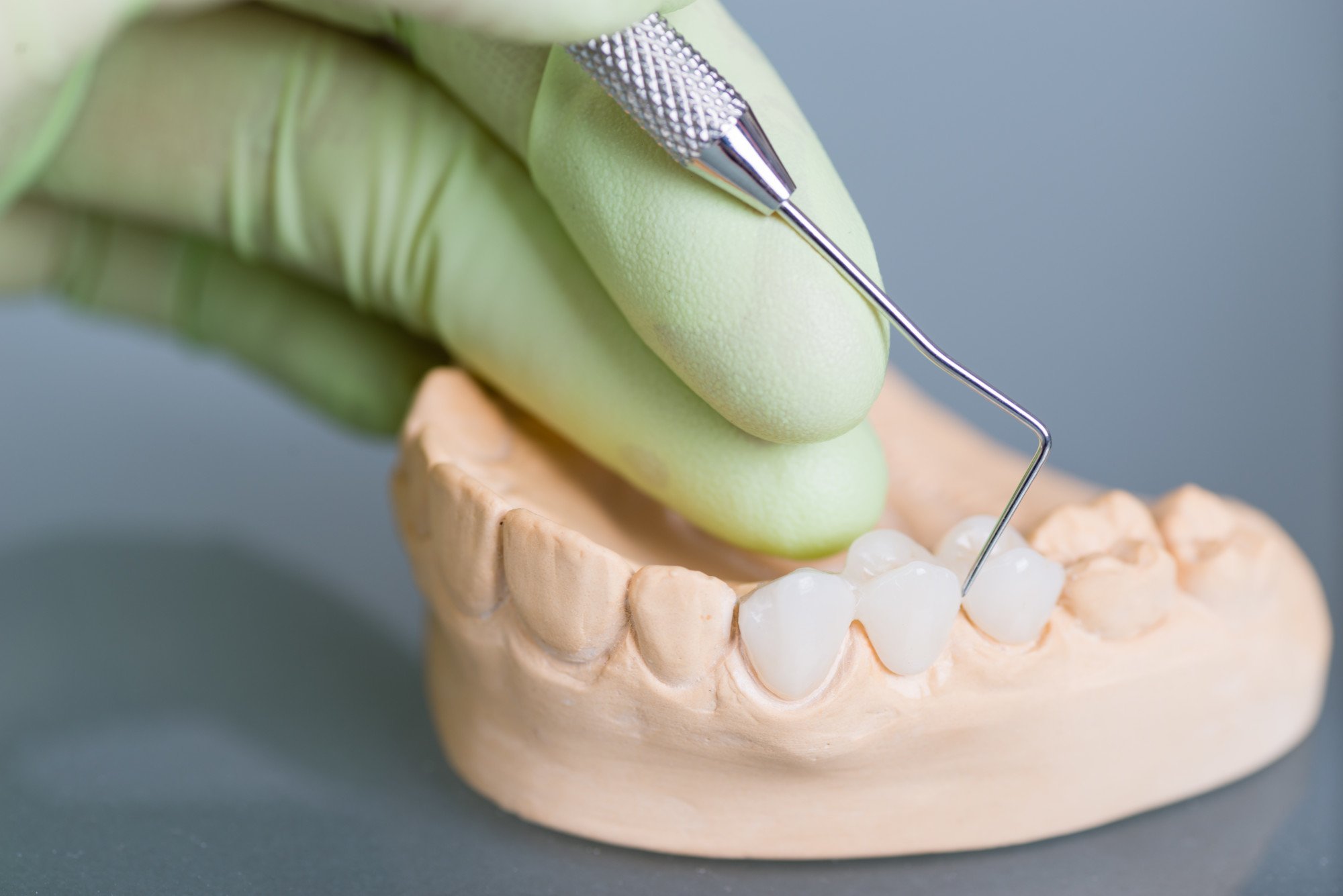
Nearly 700,000 people in the United States died of heart-related conditions in 2020 alone.
If you’re trying to stay healthy, it’s important to educate yourself about common health conditions. Some of these include heart murmurs and arrhythmias. But, what are these? And how are they different?
We have the info you need. Read on to learn about heart murmur vs arrhythmia and other heart conditions.
What Is a Heart Murmur?
An abnormal sound heard during a heartbeat is called a heart murmur.
Heart murmurs can be harmless and may not require treatment. However, in some cases, they can indicate an underlying heart condition that needs medical attention.
Abnormal Heart Murmurs
An abnormal heart murmur is a type of heart sound that occurs during a heartbeat that could cause problems for your health.
Abnormal heart murmurs sort into two main types: systolic and diastolic. Systolic heart murmurs occur during the contraction phase of the heart. Diastolic heart murmurs occur during the relaxation phase.
Valvular heart disease is one common cause of abnormal heart murmurs. Heart valve problems, such as narrowing or leaking, can cause abnormal heart murmurs.
Some people are born with heart defects that can cause abnormal heart murmurs.
Infections can also cause abnormal heart murmurs. Endocarditis, for one, is an infection of your heart’s lining. This can cause abnormal heart murmurs.
Cardiomyopathy affects the heart muscle. Among other problems, it can cause abnormal heart murmurs.
Some medical conditions can cause abnormal heart murmurs. These include hyperthyroidism, anemia, and high blood pressure.
Detecting a Heart Murmur
Heart murmurs are often detected during a physical examination.
During the exam, your doctor will listen to your heart in order to check for any abnormal sounds or murmurs. The healthcare provider may also ask you to change positions or breathe in and out deeply to see if the sound changes.
If a heart murmur is detected, the healthcare provider may refer you for additional tests to determine the cause and severity of the murmur.
An echocardiogram, for example, uses sound waves to create images of the heart and can show any problems with the heart’s structure or function.
Electrocardiograms record the heart’s electrical activity and can help detect any abnormal rhythms or problems with the heart’s electrical system.
Chest X-rays can show the size and shape of the heart and any abnormalities that may be causing the heart murmur.
Your doctor might also opt for cardiac catheterization. This is an invasive test that involves inserting a tube into a blood vessel and threading it to the heart to check for any blockages or abnormalities.
What Is an Arrhythmia?
An issue with your heartbeat’s rate or rhythm is called an arrhythmia. This means that the heart may beat too fast, too slow, or irregularly.
The heart normally beats in a regular pattern, controlled by electrical signals that start in the sinoatrial node. These signals travel through the heart. The heart then contracts and pumps blood throughout the body.
In an arrhythmia, the electrical signals that control the heart’s rhythm become disrupted. This leads to an abnormal heartbeat.
Arrhythmias can cause symptoms such as palpitations, shortness of breath, dizziness, chest pain, or fainting. Some arrhythmias can be life-threatening. However, others may not require treatment.
Types of Arrhythmia
Different arrhythmias require different treatments, so your doctor will have to evaluate your heart carefully.
Atrial fibrillation, often called AFib, is a type of arrhythmia, meaning that it is an abnormal heart rhythm. However, not all arrhythmias are atrial fibrillation.
AFib occurs when the heart’s electrical signals are disorganized and cause the atria to quiver or fibrillate instead of contracting normally.
This can cause blood to gather in the atria, which can lead to blood clots, stroke, and other complications. Learn more about AFIB today.
Arrhythmia Causes
Lots of different factors can cause arrhythmias. Many heart diseases, such as coronary artery disease, heart failure, cardiomyopathy, and valve disorders, can cause arrhythmia.
As people age, changes in the heart’s electrical system can cause arrhythmia. Certain medications can cause arrhythmia.
Lifestyle factors such as stress, smoking, alcohol consumption, and caffeine intake can also trigger arrhythmia.
Some types of arrhythmia are inherited, such as long QT syndrome and Brugada syndrome. Electrolytes, such as potassium, sodium, and magnesium, play an essential role in the heart’s electrical system. An imbalance of these electrolytes can cause arrhythmia.
Sleep apnea, which causes breathing disruptions during sleep, can trigger arrhythmia. Hormonal imbalances, such as an overactive thyroid gland, can cause arrhythmia.
Arrhythmia Treatment
Treatment for an arrhythmia will depend on the type and severity of the arrhythmia, as well as the underlying cause.
There are several types of medications that can help control arrhythmia, including beta-blockers, calcium channel blockers, and antiarrhythmic drugs.
Your arrhythmia might require cardioversion. This procedure involves using electrical shocks or medications to reset the heart’s rhythm back to normal.
Your doctor could recommend an ablation. This treatment uses catheters to destroy heart tissue that could be causing the arrhythmia.
Implantable devices are another option. Devices like pacemakers, defibrillators, or loop recorders can help monitor and control the heart’s rhythm.
Like with most health conditions, lifestyle changes are usually required. Certain lifestyle changes, such as stopping nicotine use, reducing alcohol and caffeine intake, and stress management, can help reduce the risk of arrhythmia.
In some cases, surgery may be necessary to correct the underlying problem that is causing the arrhythmia.
Heart Murmur vs Arrhythmia: Now You Know
Hopefully, you now understand the difference between heart murmur vs arrhythmia. But, there’s plenty more to learn about your heart.
Do you want more health advice? We’ve got you covered. Scroll through some of our other posts ASAP.





